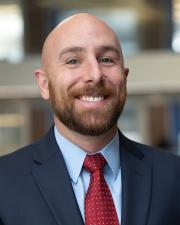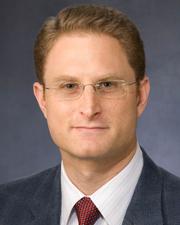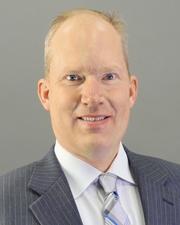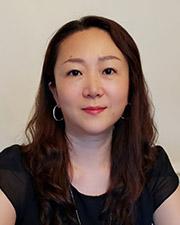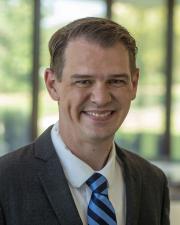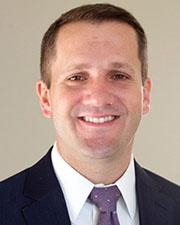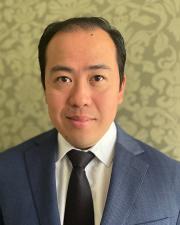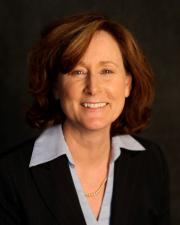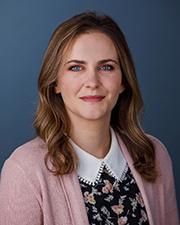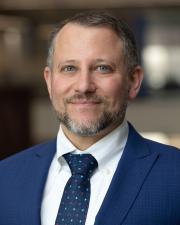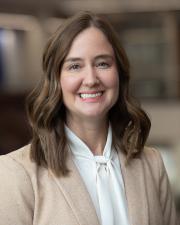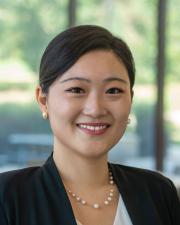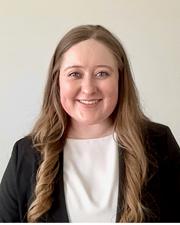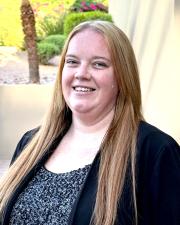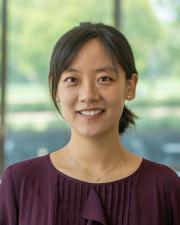Ph.D. in Accounting
What sets KU apart
- Collaboration with internationally known faculty: Work on cutting-edge research with globally recognized professors who rank among the best in the world.
- Personalized mentorship and small cohort: Our program's small size ensures extensive faculty and student interaction, faculty mentoring and hands-on research and teaching opportunities.
- Access to premier resources: Connect with a wide range of research databases and resources to support your scholarly work.
- Flexible timeline: Complete your doctorate in four to five years, tailored to your research and career goals.
A proven record of excellence
KU Accounting faculty rank No. 1 in audit archival and No. 2 for all audit research contributions over the past six and 12 years, and in the top 15 in archival research across all topics. Our doctoral graduates are ranked in the top 5 in archival audit research, according to Brigham Young University’s 2025 accounting rankings.
Recent placements include:
- Clemson University
- Kansas State University
- Iowa State University
- University of Oklahoma
- University of Arkansas
Diverse research opportunities
KU Accounting faculty lead research in areas such as:
- Economics of the auditing profession
- Dynamics of the auditor-client relationship
- The impact of regulation on auditors and clients
- The causes and consequences of financial reporting failures
- Voluntary disclosure
- Information intermediaries
- Corporate governance
- The design of control systems and compensation packages
List
Research
As a doctoral accounting student, you will have the opportunity to work with internationally known faculty members on a variety of research projects. The small size of the program ensures extensive faculty and student interaction.
List
Teaching
Part of our mission is to develop effective teachers. To that end, all doctoral students are required to teach at least two sections as independent instructors. The school and university prepare and reward doctoral students for excellence in teaching through various programs and awards.
What to expect in the program
Find an overview of key components of the program, including details about expectations and major research projects.
View degree requirements and a detailed list of courses in the KU Academic Catalog.
Please note:
- A course that is not being offered within a reasonable timeframe, or a course in which a student can demonstrate competence may be, with the approval of the area group and the doctoral team, replaced with another course.
- Area-specific core requirements may be changed subject to the approval of the area group and the Ph.D. team.
- A minimum of 15 courses, plus FIN 901, BUS 902 and BUS 903 are required for the completion of the degree.
Area of concentration
Most students admitted in accounting typically will select that area as their concentration. However, an aspirant, with the assistance of his or her faculty advisor and the area faculty, may propose an interdisciplinary area of concentration.
The aspirant must take at least five advanced courses in the area of concentration. These courses may include those offered outside the School of Business.
Supporting areas
Coursework in the area of concentration is supplemented and strengthened by study in one or two supporting areas. A supporting area is one that supplements and complements the area of concentration. The aspirant will satisfy the supporting area requirement by taking at least four advanced courses in the supporting areas (at least two courses in each of two supporting areas, or at least four courses in one supporting area). Courses recommended for preparation for the qualifiers may not be included in satisfying the supporting area requirement.
Research methodology
For successful qualifier assessment, the student's program of study should include adequate preparation in research methodology.
- Year 1: Coursework and research
- Year 2: Coursework and research
- Year 3: Comprehensive exams and research
- Year 4: Dissertation and job market
- Year 5 (if necessary): Dissertation and job market
